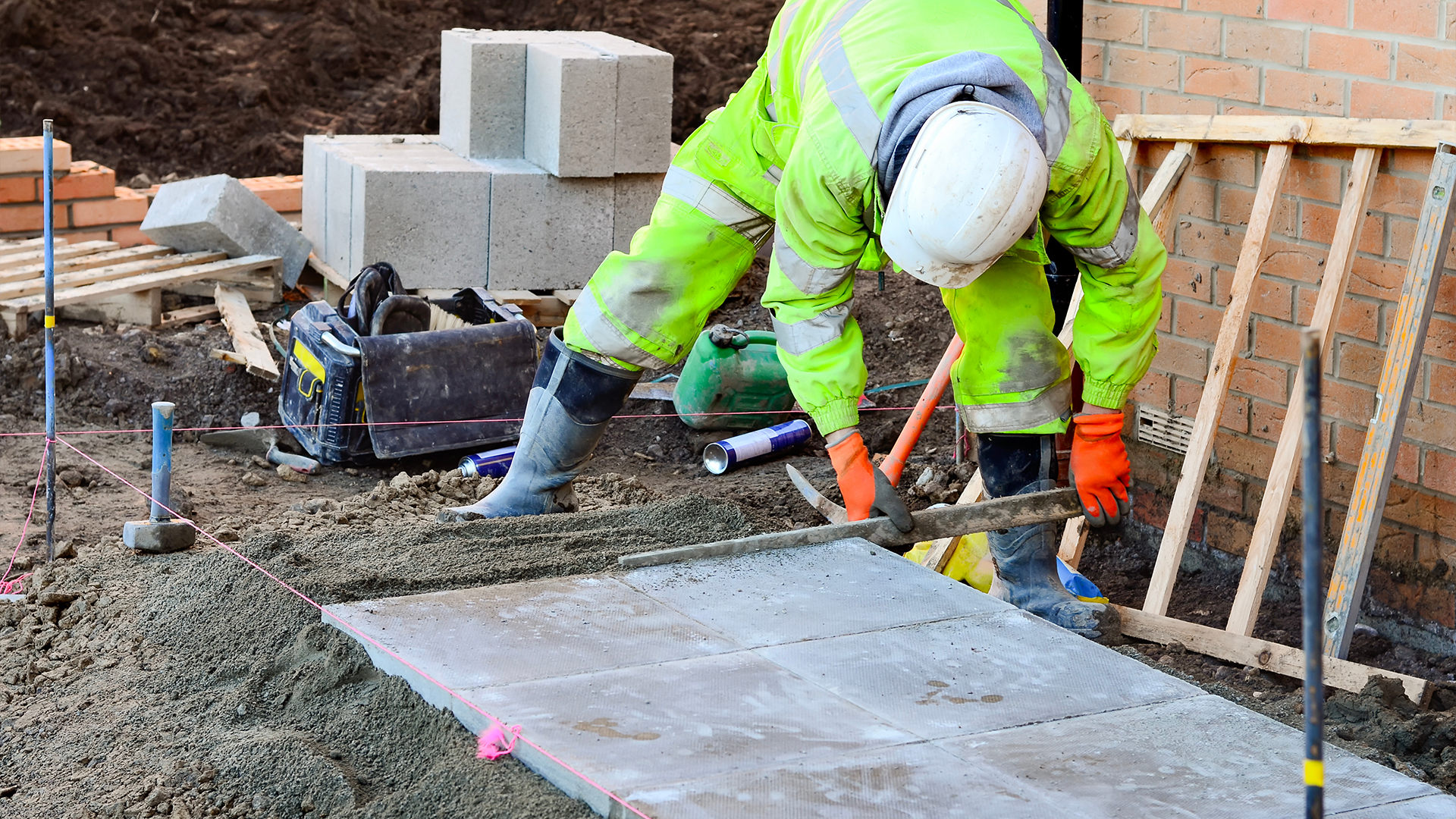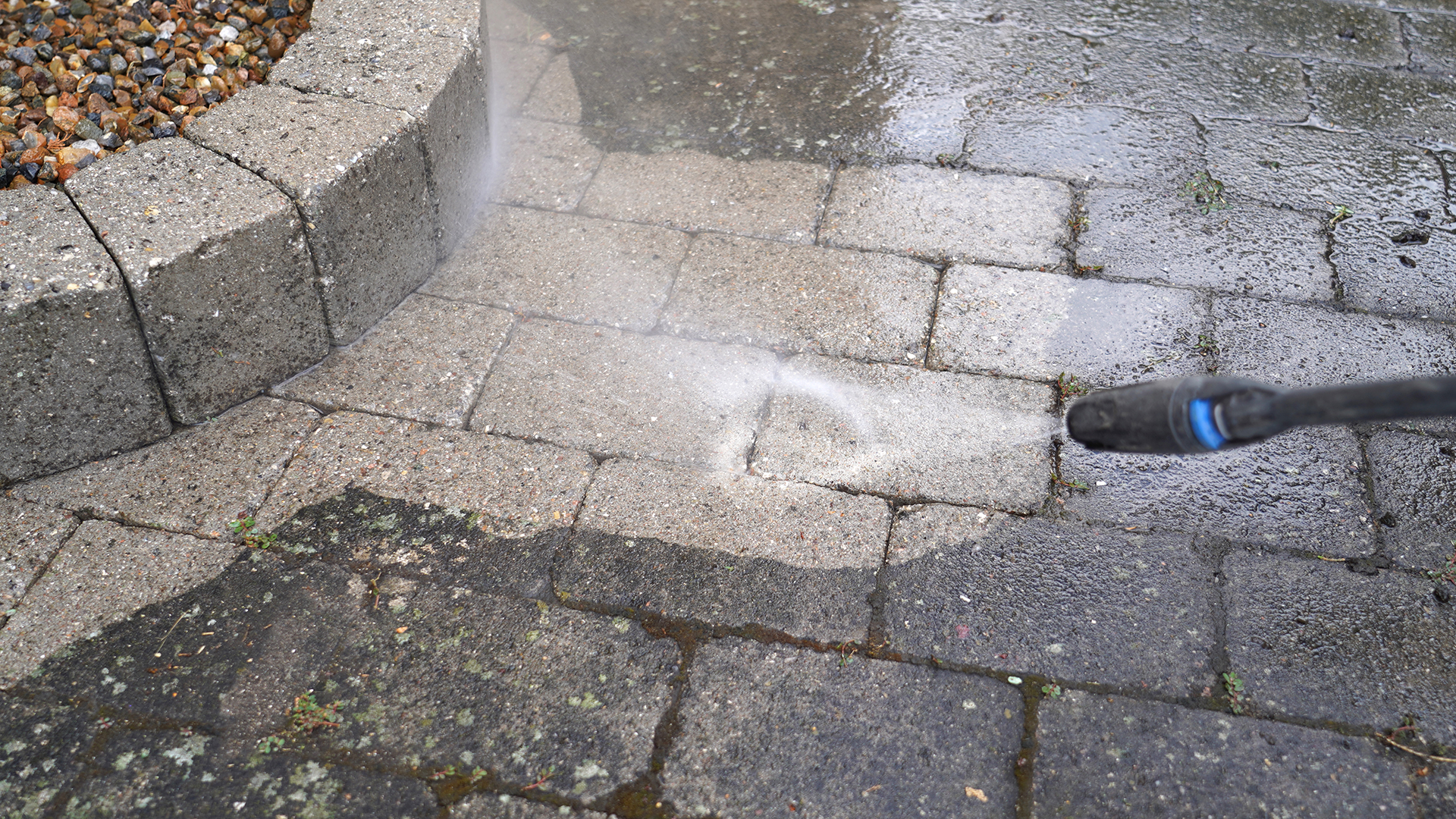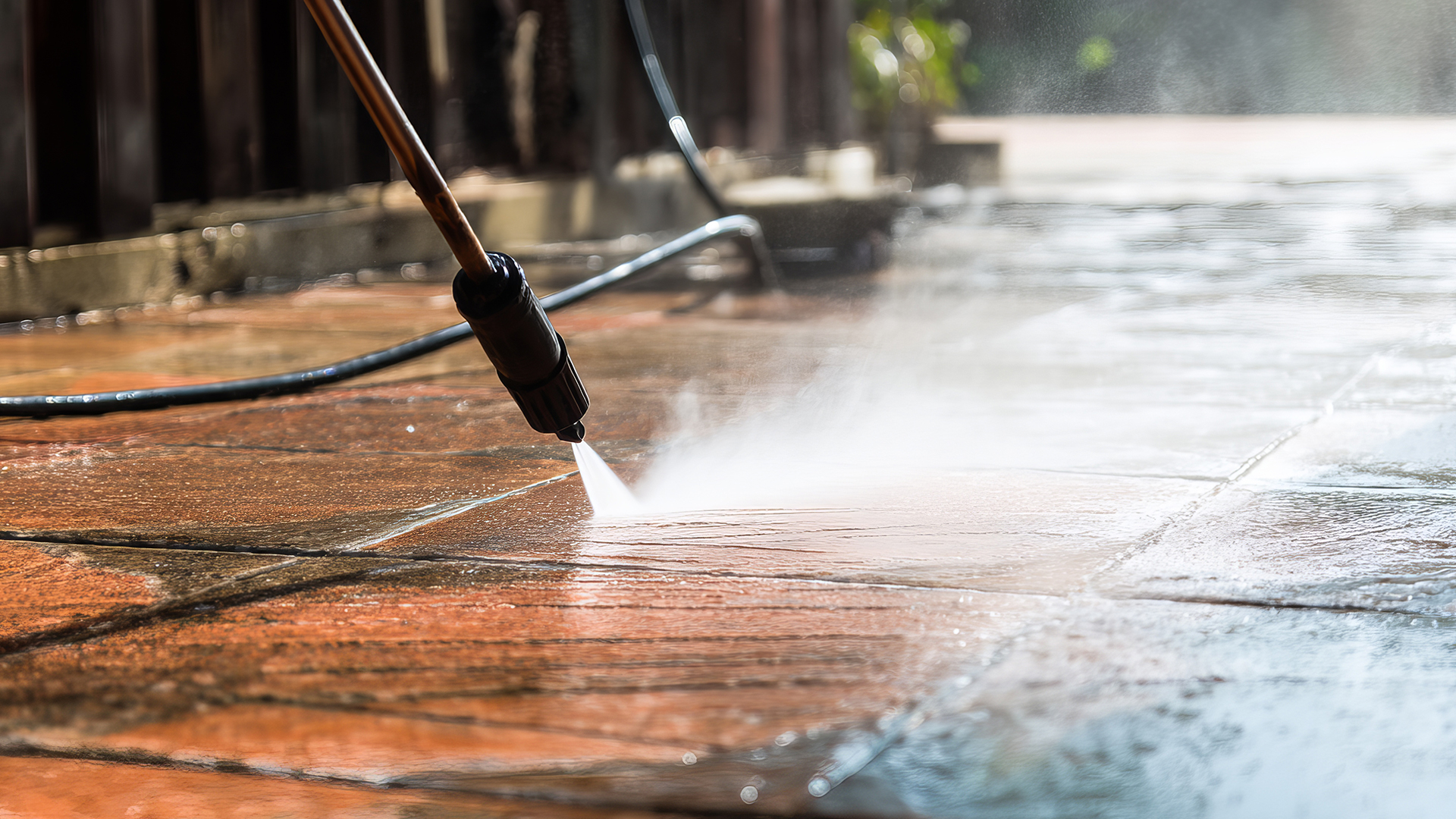Quick answer
- Patios in back gardens are usually permitted development.
- Driveways in front gardens do not need permission if the surface is permeable or if rainwater drains to a porous area within your plot.
- You will normally need permission if the front area is over five square metres and uses an impermeable surface with no on site drainage.
- A dropped kerb is a separate process through the council highways team.
When you do not need permission
- Patios within the garden of a single house are usually permitted development.
- Front driveways are fine without permission if you use a permeable or porous surface, or if run off drains to a lawn, border, soakaway or other permeable area inside the boundary.
- Replacing like for like permeable surfaces is normally acceptable.
Good to know
GOV guidance explains choices such as permeable block paving, porous asphalt and gravel over a suitable sub base. GOV.UK
When you do need permission
- You plan an impermeable front driveway over five square metres with no on site drainage.
- The property is a flat where permitted development rights do not apply in the same way.
- The site is listed or sits in a conservation area where an Article 4 Direction may remove permitted development rights.
- There is significant embanking or terracing to create levels which can count as engineering works.
- You are changing access on to a classified road. Your council can advise on this. Planning PortalGOV.WALES
Special cases and local restrictions
Local authorities can remove permitted development rights in defined areas using an Article 4 Direction. Always check the local policies page on your council website if you are in a conservation area or near heritage assets. The Planning Portal pages signpost where local rules can change the default position.
Dropped kerb and vehicle crossover
To legally drive over the pavement you need a dropped kerb or vehicle crossover built to council standards. This is a separate application to the highways team and may also involve planning permission in some cases. It is illegal to drive over the pavement without an approved crossover.
Building regulations and drainage basics
Planning permission and building regulations are different. Even when you do not need planning permission you still need to manage water responsibly.
- Avoid directing water to the highway or to the foul sewer.
- Use a permeable surface or slope water to a soakaway or rain garden inside your plot.
- Keep damp proof course clear at thresholds and avoid creating a path for water into the house.
GOV guidance on permeable surfacing explains typical SuDS friendly details in plain language. GOV.UK
Materials and drainage options that help you avoid permission
These choices usually let you create a front driveway without planning permission because they manage rainwater on site:
- Permeable concrete block paving on a permeable sub base
- Porous asphalt on an open graded base
- Gravel on a cellular grid or well prepared sub base
- Paving that drains to a soakaway, lawn or border within your boundary
See the Planning Portal and GOV guidance for options and construction basics. Planning PortalGOV.UK
How to check and apply if needed
- Read the Planning Portal pages for patios and driveways and for paving a front garden.
- Check your council site for Article 4 areas, conservation area rules and dropped kerb guidance.
- If the project needs consent, apply as a householder application. Fees for England were updated in 2025 and vary by type. The Planning Portal keeps the current fee guide up to date. Planning Portal+1eCab
Tip
If your case is sensitive, ask for pre application advice. It does not guarantee a decision but can de risk your submission.
Simple homeowner checklist
- Is the area at the front and over five square metres
- Is the surface permeable or does it drain to a soakaway or border
- Are you in a conservation area or covered by an Article 4 Direction
- Is the property listed or a flat
- Will you need a dropped kerb
- Are you raising levels or doing significant terracing
If you answer yes to any risk point, check with the council before you start. Planning Portal+2Planning Portal+2
FAQs
Do I need planning permission for a patio in the back garden
Usually no. Most rear garden patios for a single house are permitted development, unless you do significant embanking or the property is listed or restricted by Article 4. Planning PortalGOV.WALES
Do I need permission to pave my front garden
You do not if the surface is permeable or if rainwater drains to a porous area on your plot. You do if it is impermeable and over five square metres with no on site drainage.
What about resin bound driveways
Some resin bound systems are permeable when laid on the right base. The key test is whether the finished build up allows water through or drains to a porous area in your garden. Check your installer’s technical data and follow the GOV permeable surfacing guidance.
Is a dropped kerb part of planning permission
It is a separate process with the highways team. In some cases planning permission is also required. You must not drive over the pavement without an approved crossover.
Do fees apply if I must submit an application
Yes. Fees are set nationally and have been updated. Check the latest Planning Portal fee guide for your exact case.



